Democracy is timelessly human, and timelessness always implies a certain amount of potential youthfulness
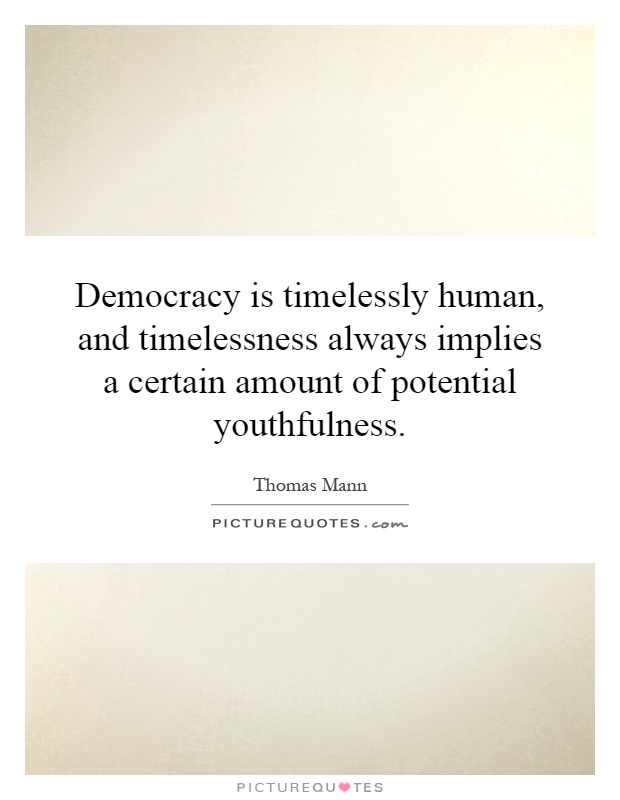
Democracy is timelessly human, and timelessness always implies a certain amount of potential youthfulness
Thomas Mann, a renowned German novelist and essayist, was a keen observer of human nature and society. Throughout his works, Mann often explored the themes of democracy, politics, and the human condition. In the context of his writings, the statement “Democracy is timelessly human, and timelessness always implies a certain amount of potential youthfulness” holds particular significance.Mann believed that democracy was a fundamental aspect of human society, rooted in the inherent desire for freedom and equality. He saw democracy as a reflection of the collective will of the people, a system that allowed for the expression of diverse opinions and the peaceful resolution of conflicts. In Mann’s view, democracy was not just a political system but a way of life, a philosophy that embraced the values of tolerance, inclusivity, and respect for individual rights.
The idea that democracy is “timelessly human” suggests that it is a universal concept that transcends historical and cultural boundaries. Mann believed that democracy was not a modern invention but a timeless ideal that had always existed in some form or another throughout human history. From the ancient Greek city-states to the modern liberal democracies of the 20th century, democracy has been a constant presence in the evolution of human societies.
Furthermore, the notion that timelessness implies “a certain amount of potential youthfulness” speaks to Mann’s belief in the dynamic and evolving nature of democracy. While democracy may have ancient roots, it is not a static or rigid system. Instead, democracy has the capacity to adapt and grow, to respond to changing circumstances and new challenges. Mann saw democracy as a living, breathing entity that could rejuvenate itself through the active participation of its citizens.


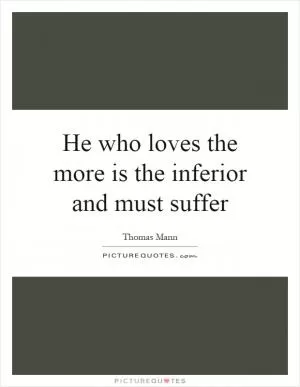
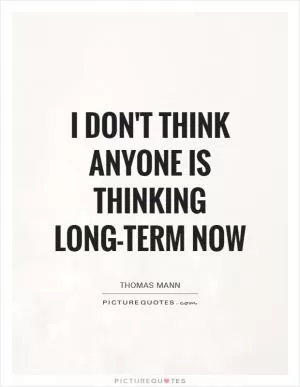

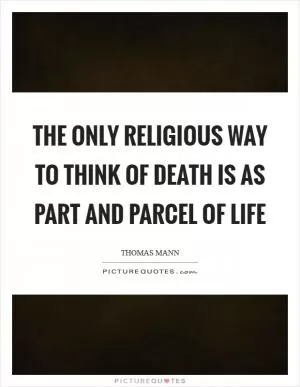
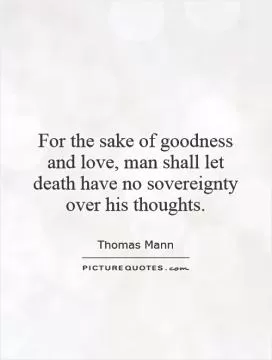
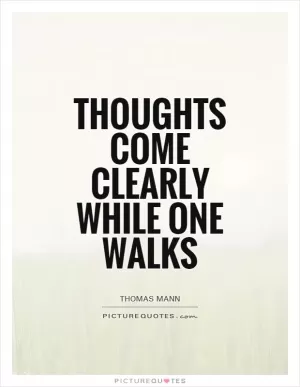
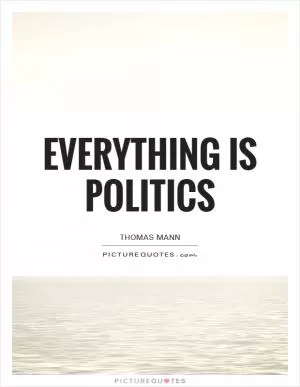



 Friendship Quotes
Friendship Quotes Love Quotes
Love Quotes Life Quotes
Life Quotes Funny Quotes
Funny Quotes Motivational Quotes
Motivational Quotes Inspirational Quotes
Inspirational Quotes